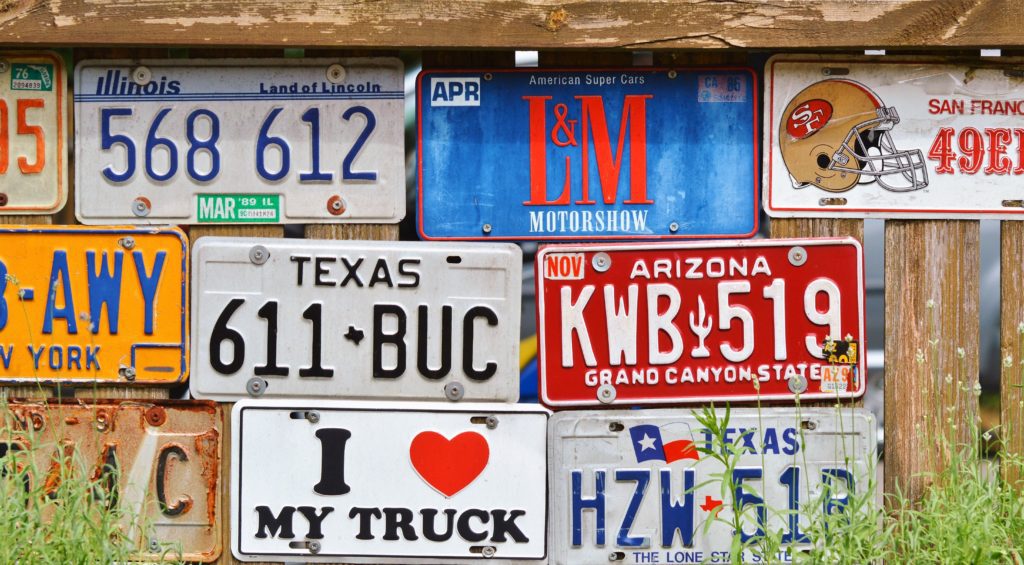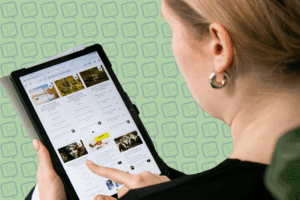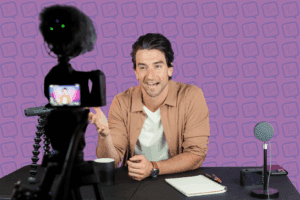What You Need to Know Before Licensing Your Content to Brands

Should creators license their content to brands? The last time you walked into a company’s office, did you see a video studio? Probably not, right? It is hard for brands to create entertaining video content for their audiences. With more than 80% of the content consumed online today being video, it is increasingly important that brands communicate to their customers via video.
However, because most brands do not have the tools to create entertaining content quickly and affordably, they often turn to influencer marketing. More recently, brands have been licensing influencer generated content and using it for Facebook ads.
This strategy can be highly effective for brands. For one, brands can use the massive reach of Facebook to target more people. And secondly, brands can use the authentic testimonial of a content creator to sell their products to that audience. It is a formula that can help brands sell a lot of products!
So, should creators license their content to brands? Let’s start with the pros and cons:
Pros:
- A license needs to be paid for. This is a new revenue stream that takes no additional work on your end.
- Your video will be distributed to potentially millions of new people. These people may enjoy your review and become fans of yours.
- Building deeper relationships with brands is valuable and could lead to more sponsorships or a longer-term deal.
Cons:
- You will not have much control over who sees your content once you have licensed it.
- Your ad could be successful for the brand and show up in an audience’s feed repeatedly. At times, this can be frustrating to see the same ad multiple times.
Important Negotiations:
When negotiating exclusive deals, always do the following:
- How are you going to get paid?
- What is the duration of the license?
- Which platforms can the brand use the asset on? Facebook, TV, both?
- Will there be view caps on the Facebook ads? View caps limit the number of times an individual on Facebook can see your ad in a day.
- Will you be able to approve / deny edits the brand makes to your video before they promote it?
- Will the brand be adding your name or social media profile to ad, giving you additional exposure?
- Can you terminate the agreement if you are dissatisfied?
Next Steps:
Licensing content for ads is a new creator monetization strategy that can be light touch and produce meaningful income. Before you sign off on a deal to license your content, make sure you are going through this checklist to ensure you are getting a fair deal. You want to be a great brand partner, but you also need to make sure your content is going to be used fairly. If a brand has approached you about licensing and you have questions, please email our Brand Partnerships Team. We are happy to help: brandpartnerships@influencelogic.com.
Disclaimer: All information in this post is provided for educational purposes only and should not be considered legal advice for any specific person or specific situation.





